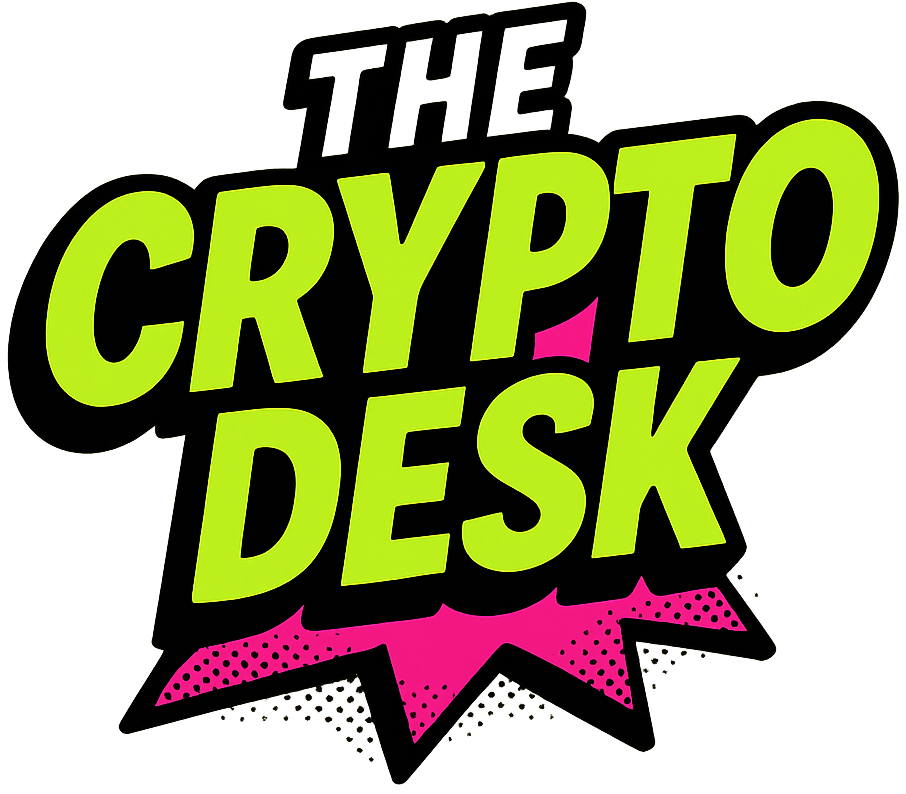Global Shift Towards Cryptocurrency Regulation: Key Developments This Week
The tide is turning in the world of cryptocurrency as authorities across the globe ramp up their regulatory measures. This week saw pivotal updates from the United States, Russia, and Canada that are likely to reshape the landscape of digital asset governance. As nations grapple with the implications of cryptocurrencies, the clarity in regulatory frameworks is becoming increasingly vital for investors and institutions alike.
🔍 SEC’s Roundtable: A Step Towards Custody Oversight
The U.S. Securities and Exchange Commission (SEC) has taken a significant step towards establishing clearer regulations for cryptocurrency by announcing an upcoming roundtable focused on custody and oversight of digital assets. Set for April 25, the agenda is shaping up to be insightful, with panels dedicated to two crucial themes: “Custody Through Broker-Dealers and Beyond” and “Investment Adviser and Investment Company Custody.”
These discussions aim to address how custodians of cryptocurrency should operate under the existing framework of U.S. securities laws, reflecting a growing recognition of the need for investor protections in this rapidly evolving market. Zach Zweihorn, a partner at Davis Polk & Wardwell LLP, will moderate the dialogue, which will feature prominent figures such as Richard Gabbert, Chief of Staff at the SEC’s Crypto Task Force, and Acting Chairman Mark Uyeda.
🏛️ The @SECGov held its second crypto roundtable on Friday, with Acting Chair Mark Uyeda proposing temporary rules for blockchain trading while long-term frameworks are crafted.#CryptoRegulation #SEC https://t.co/lYCzMpHSLw— Cryptonews.com (@cryptonews) April 11, 2025
This roundtable marks a crucial juncture where investment practices are increasingly intertwined with digital assets, hinting at the SEC’s future guidance on custody regulations.
🇷🇺 Russia’s Call for Sovereign Stablecoins
Meanwhile, in Russia, the discussion around stablecoins is gaining traction as senior finance officials emphasize the necessity for homegrown digital currencies. Following a significant disruption caused by Tether freezing wallets linked to Russian users, a deputy head of the Financial Policy Department, Osman Kabaloev, underscored the risks of dependence on foreign-issued tokens. He advocates for developing a robust domestic stablecoin infrastructure to promote financial independence and reduce vulnerabilities tied to international sanctions.
🇷🇺 Russia should issue its own stablecoins after USDT freezes exposed reliance on foreign assets, top Finance Ministry official says.#Russia #Stablecoins https://t.co/CvZGWTnLxZ— Cryptonews.com (@cryptonews) April 17, 2025
This strategic pivot could herald a new era for Russia’s approach to cryptocurrency regulation, aligning it more closely with national interests and security.
🌍 U.S. Senate Takes Environmental Action
In another development, environmental considerations are being woven into the fabric of cryptocurrency regulation as Senators Sheldon Whitehouse and John Fetterman propose the “Clean Cloud Act of 2025.” This legislative effort aims to mitigate the environmental impact of cryptocurrency mining and associated data center activities.
🏦 Democratic Senators Sheldon Whitehouse and John Fetterman drafted the bill, seeking to curb emissions from crypto mining and AI data centers.#BitcoinMining #AIDataCenter #CryptoMiningBill https://t.co/jsPWgiEPPe— Cryptonews.com (@cryptonews) April 14, 2025
The proposed legislation intends to impose fines on mining operations that continue relying on non-renewable energy sources past 2035, while also mandating annual reporting on energy consumption and emissions for facilities consuming over 100 kilowatts. This could significantly shift the dynamics of crypto mining in the U.S., compelling companies to either pivot to cleaner energy solutions or risk facing financial penalties.
🇨🇦 Canada Pioneers Spot Solana ETFs
Just north of the border, Canada is making headlines with its progressive stance on cryptocurrencies. The country has approved North America’s inaugural spot Solana exchange-traded funds (ETFs), which include staking capabilities. These innovative investment products allow individuals to earn rewards by locking up their tokens to facilitate blockchain operations.
🇨🇦 Canada becomes the first in North America to approve spot Solana ETFs with staking support, and trading is set to begin April 16.#SolanaETF #Canada https://t.co/nbsSS4fR71— Cryptonews.com (@cryptonews) April 15, 2025
The Ontario Securities Commission’s endorsement of this initiative for four issuers—Purpose Investments, Evolve ETFs, CI Financial, and 3iQ—signals Canada’s commitment to integrating crypto into mainstream financial markets. With trading set to commence, this venture could inspire further crypto-based investment products in traditional sectors and emphasizes Canada’s proactive approach to cryptocurrency oversight.
📊 Why This Matters: The Implications of Evolving Crypto Regulations
The growing regulatory momentum signals a recognition by governments worldwide that cryptocurrencies are not merely a passing trend. As nations lay the groundwork for clearer frameworks, understanding these developments is crucial for investors and participants in the digital asset landscape. For instance:
- Increased Legitimacy: Formal regulations may bolster the legitimacy of cryptocurrencies, attracting institutional investors.
- Investor Protections: Enhanced custody standards can safeguard assets, boosting investor confidence amidst a volatile market.
- Environmental Considerations: Aligning crypto operations with sustainability goals may reshape industry practices, emphasizing the importance of responsible mining.
🚀 Future Outlook: The Road Ahead for Crypto Regulation
As we look to the future, it’s evident that the next chapter for cryptocurrencies will not be driven by innovation alone. Instead, the narrative will be defined by who controls the regulatory framework and how regulations adapt to the crypto evolution. With countries like the U.S., Russia, and Canada aggressively shaping their policies, global oversight will likely become more coordinated. The ramifications could be profound:
- Increased Cross-Border Cooperation: Countries may start collaborating more closely to address the challenges of digital assets.
- Development of New Financial Products: As regulations solidify, we could see a surge in diverse crypto investment products entering the market.
💬 Conclusion: Join the Conversation!
With so much at stake, the evolving landscape of cryptocurrency regulation is sure to spark discussions among investors, analysts, and policymakers. What are your thoughts on these regulatory developments? Do you believe they will help stabilize the market or potentially stifle innovation? Share your insights below and let’s dive deeper into this fascinating topic!

